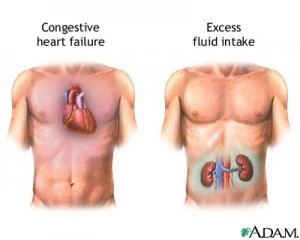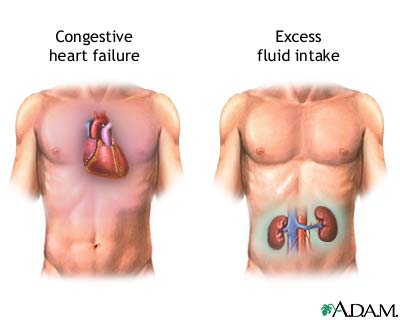
Nursing Interventions: Diabetes Insipidus
- Institute safety precautions if the patient complains of dizziness or weakness.
- Make sure the patient has easy access to the bathroom or bed pan, and answer his calls signals promptly.
- Give vasopressin cautiously to a patient with coronary artery disease because the drug may cause vasoconstriction.
- Provide meticulous skin and mouth care. Use soft toothbrush and mild mouth wash to avoid trauma to the oral mucosa.
- Keep accurate records of hourly fluid intake and urine output, vital signs, and daily weight.
- Monitor urine specific gravity and serum electrolyte and blood urea nitrogen levels.
- During dehydration testing, watch for signs of hypovolemic shock.
- Check laboratory values for hyponatremia and hyupoglycemia.
- Encourage the patient to maintain adequate fluid intake during the day to prevent severe dehydration and to limit fluid in the evening.
- Tell the patient to record his weigh daily.
- Inform the patient and his family about long-term hormone replacement therapy.







